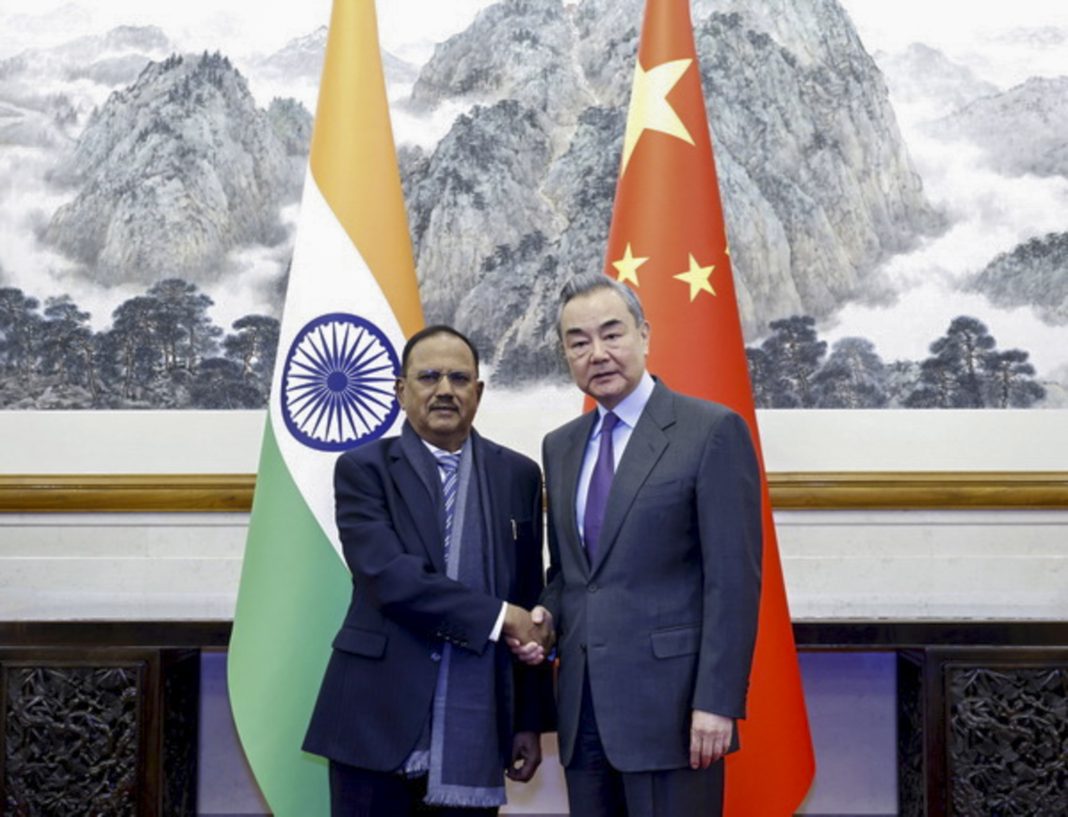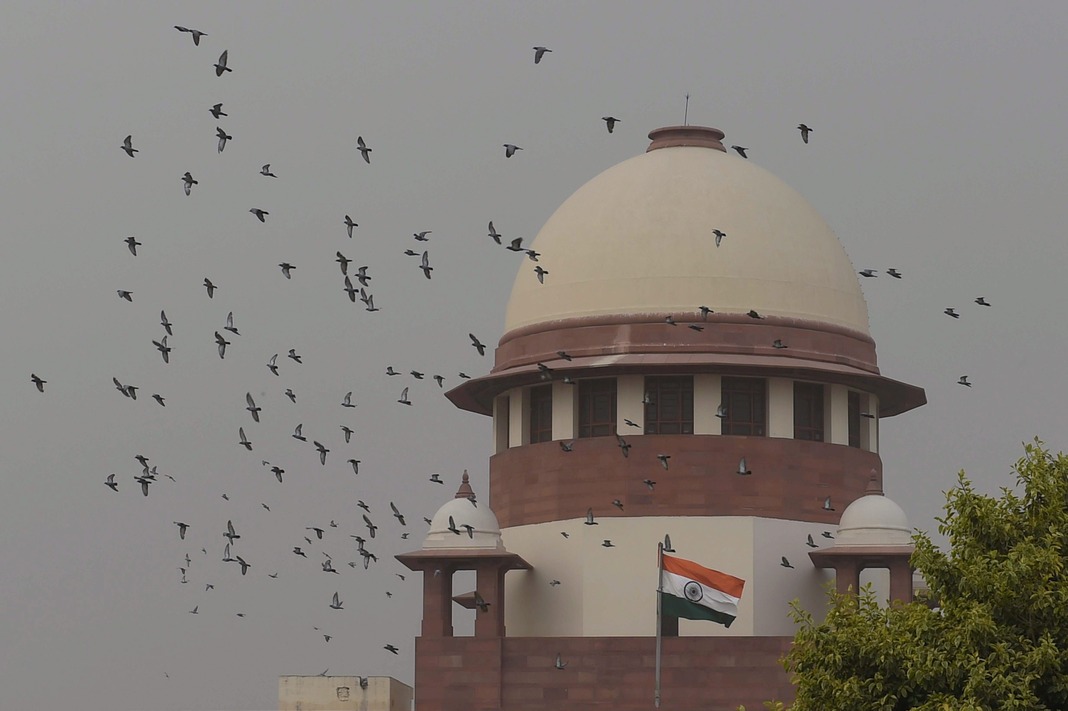Beijing, Dec 19: National Security Advisor Ajit Doval and Foreign Minister Wang Yi Wednesday held “substantive discussions” during the Special Representatives dialogue here and reached a six-point consensus, including continuing to take measures to maintain peace at borders and promote healthy and stable development of relations.
During their meeting, the first after a gap of five years, both sides positively evaluated the solution reached between the two countries on border issues and reiterated that the implementation work should continue, according to a press release by the Chinese Foreign Ministry.
Both officials believed that the border issue should be properly handled from the overall situation of bilateral ties so as not to affect the development of relations, it said.
Both sides agreed to continue to take measures to maintain peace and tranquillity in the border area and promote the healthy and stable development of bilateral relations, it said.
The two sides reiterated their commitment to continue seeking a fair, reasonable and mutually acceptable package solution to the boundary issue in accordance with the political guidelines agreed upon by the Special Representatives of the two countries on resolving the boundary issue in 2005, and to take positive measures to promote this process, it said.
The two sides assessed the border situation and agreed to further refine the management and control rules in the border area, strengthen confidence-building measures, and achieve sustainable peace and tranquillity on the border, it said.
The two sides agreed to continue to strengthen cross-border exchanges and cooperation, and promote the resumption of Indian pilgrims’ pilgrimage to Tibet, China, cross-border river cooperation and Nathula border trade, it said.
Both sides also agreed to further strengthen the Special Representatives’ mechanism, bolster diplomatic and military negotiation coordination and cooperation, and requiring the Working Mechanism for Consultation & Coordination on China-India Border Affairs (WMCC) to do a good job in the follow-up implementation of the decisions reached special representatives’ meeting, it said.
The two sides agreed to hold a new round of Special Representatives’ meetings in India next year, and the specific time will be determined through diplomatic channels.
In addition, the two sides also had an extensive and in-depth exchange of views on bilateral, international and regional issues of common concern, emphasising the importance of a stable, predictable and good China-India relationship to international and regional peace and stability, it said.
After the talks, Doval called on Chinese Vice President Han Zheng.
Han said that China and India, as ancient oriental civilizations and emerging major powers, adhere to independence, solidarity and cooperation, which is of global influence and strategic significance.
Doval, who is heading the Indian delegation, arrived here on Tuesday to take part in the 23rd round of the Special Representatives talks being held after a gap of five years. The last meeting was held in 2019 in Delhi.
The talks, the first structured dialogue after the relations were frozen for over four years due to the military standoff at Eastern Ladakh took place following the agreement on disengagement and patrolling on Oct 21.
Following the agreement, Prime Minister Narendra Modi and Chinese President Xi Jinping met at Kazan in Russia on the sidelines of the BRICS and endorsed the agreement.
After the Modi-Xi meeting, External Affairs Minister S Jaishankar and his Chinese counterpart met on the sidelines of the G20 summit in Brazil followed by a meeting of the Working Mechanism for Consultation & Coordination on China-India Border Affairs (WMCC).
The military standoff along the LAC in eastern Ladakh began in May 2020 and was followed by a deadly clash at the Galwan Valley in June of that year, resulting in a severe strain in ties between the two neighbours.
Barring trade, relations between the two countries virtually came to a standstill.
The face-off effectively ended following the completion of the disengagement process from the last two friction points of Demchok and Depsang under an agreement finalised on October 21.
The SRs’ meeting is regarded as significant as it is the first structured engagement between the two countries to restore relations.
Constituted in 2003 to comprehensively address the vexed dispute of the India-China border spanning 3,488 km, the SRs mechanism over the years met 22 times.
While success eluded it in resolving the boundary dispute, officials on both sides regard it as a very promising, useful and handy tool in addressing the recurring tensions between the two countries. (PTI)




